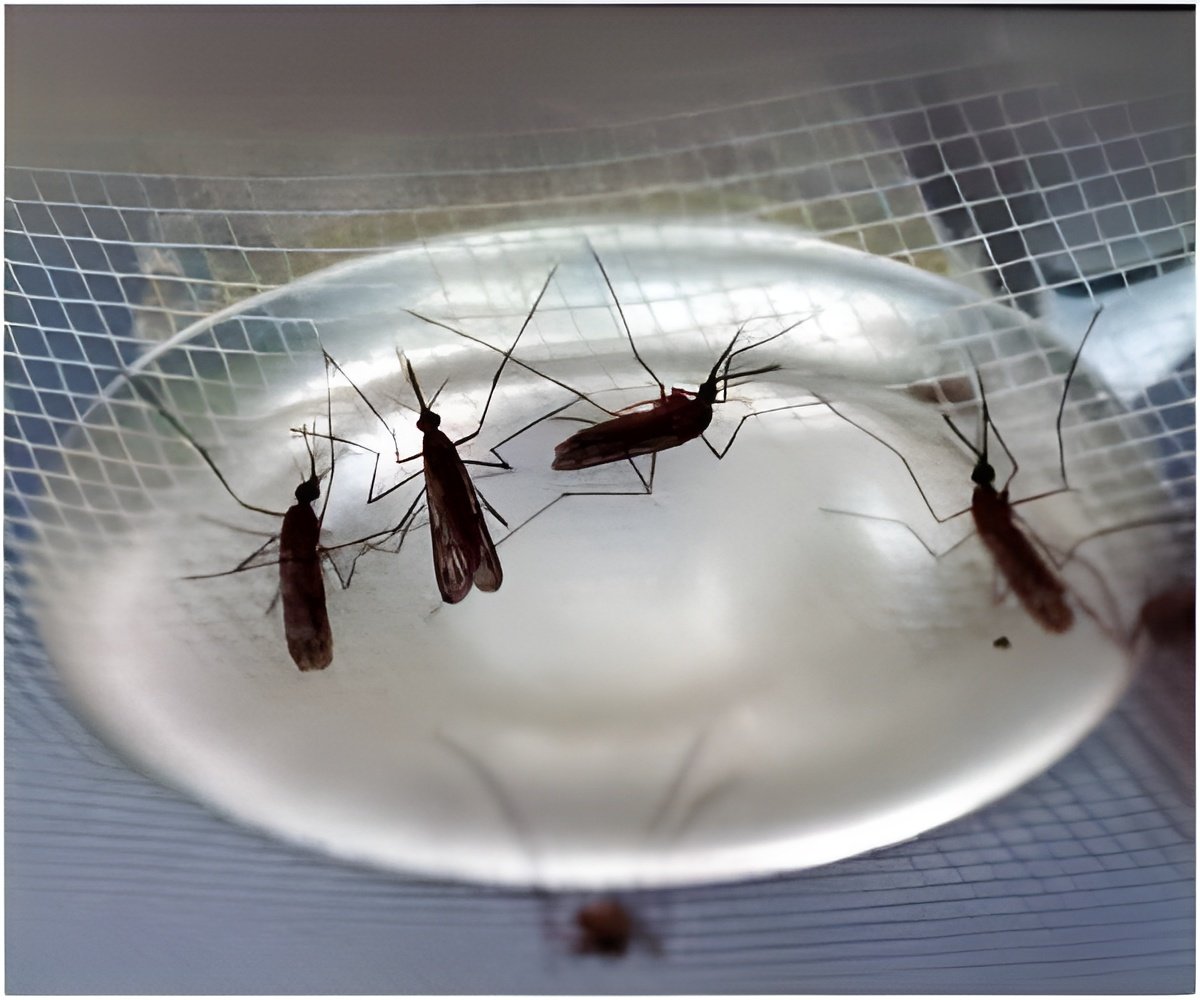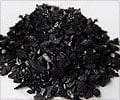Malaria-spreading mosquitoes require minute changes in concentrations of exhaled carbon dioxide to know whether you are at home or not, which then triggers them to land on human skin.

Researchers showed that the mosquitoes respond very weakly to human skin odor alone and found that the mosquitoes' landing on a source of skin odor was dramatically increased when carbon dioxide was also present, even at levels that barely exceed its background level. The study also suggested that the mosquitoes use a 'sit-and-wait' ambush strategy during which they ignore persistent human odor until a living human is present.
Researcher Ring Carde said, "Responding strongly to human skin odor alone once inside a dwelling where human odor is ubiquitous is a highly inefficient means for the mosquito of locating a feeding site. We already know that mosquitoes will readily fly upwind towards human skin odor but landing, the final stage of host location, which typically takes place indoors, does not occur unless a fluctuating concentration of carbon dioxide indicates that a human host is present. It may be that upwind flight towards human odor has more to do with locating a human dwelling, which emits human odor even when its occupants are absent, than locating a feeding site per se."
The study appears online in the Journal of Chemical Ecology.
Source-Medindia










